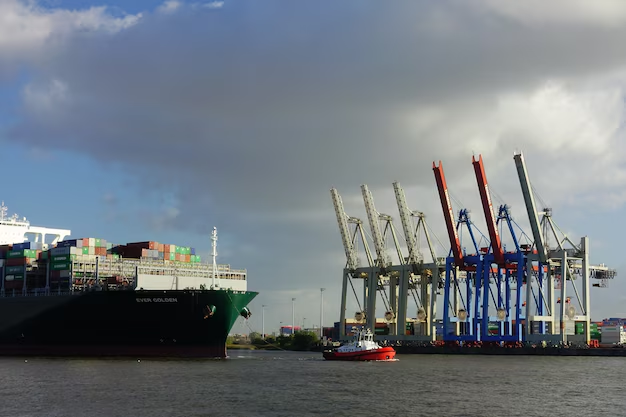Nigeria, Africa’s largest economy, boasts abundant natural resources and a youthful, entrepreneurial population. Despite these advantages, the nation’s export potential remains underutilized. This underperformance is caused by a number of important causes, such as an excessive reliance on oil exports, bureaucratic obstacles, corruption, and inadequate infrastructure.
INFRASTURCTURAL DEFICIENCIES
The foundation of any successful export industry is a strong infrastructure. However, Nigerian exporters struggle with crowded ports, unstable power supplies, and poor roads. Delays, higher operating expenses, and a decline in competitiveness in the global market are the results of these difficulties. The International Commerce Administration, for example, notes that importers report inconsistent enforcement of customs laws and drawn-out clearance processes, making Nigerian port practices a significant barrier to commerce.
BUREAUCRATIC HURDLES
Trade regulations that are opaque and complicated further hinder Nigeria’s export expansion. Exporters frequently have to deal with unpredictable customs laws, protracted clearance procedures, and expensive berthing and unloading fees. In addition to discouraging prospective exporters, these bureaucratic inefficiencies damage the trust of foreign commercial partners.
CORRUPTION AND SECURITY CONCERNS
Nigerian export processes are plagued by corruption at many levels, which raises costs and creates operational uncertainty. This widespread problem deters both domestic and foreign investment in the export industry, and security issues like theft and vandalism disrupt supply chains and put exporters at serious risk. Resolving these issues is essential to creating an environment that is favorable for export activity.
OVERRELIANCE ON OIL EXPORTS
Nigeria’s economy has always been mostly reliant on oil exports, which provided a sizable amount of its export earnings. Despite the fact that oil exports are still significant, the economy is vulnerable to changes in the price of oil globally. To achieve sustainable economic growth, it is imperative to diversify into non-oil industries like manufacturing and agriculture. Nonetheless, the proportion of manufactured items in overall exports has stayed low, suggesting that policy changes are necessary to encourage diversification.
POLICY RECOMMENDATION
Nigeria’s export potential must be fully realized through a diversified strategy:
1) Infrastructure Development: Modernizing power supply systems, port infrastructure, and transportation networks will lower operational bottlenecks and increase export productivity.
2) Regulatory Reforms: Exporting goods can be made far less expensive and time-consuming by streamlining customs processes and increasing transparency.
3) Anti-Corruption Measures: Strict anti-corruption regulations and accountability in export-related organizations would boost investor trust and improve efficiency.
4) Economic Diversification: Reducing economic vulnerability and fostering sustainable growth can be achieved by providing incentives and supportive policies to encourage investment in non-oil sectors.
CONCLUSION
Both the public and commercial sectors must work together to address the issues impeding Nigeria’s export potential. Nigeria may become a strong force in the world export market by addressing its infrastructure deficiencies, bureaucratic inefficiencies, corruption, and excessive reliance on oil.
Eager to enhance your export expertise?
Join our upcoming online export training at www.microvarsity.com/meta and equip yourself with the knowledge and skills to navigate the complexities of international trade.
Don’t miss this opportunity to advance your career in exportation!

